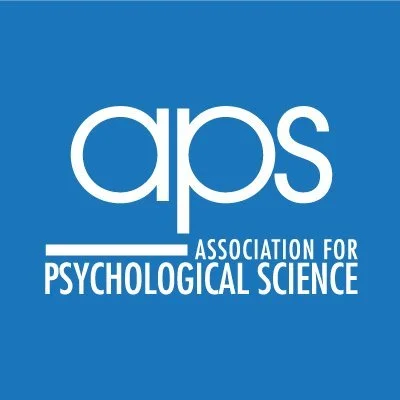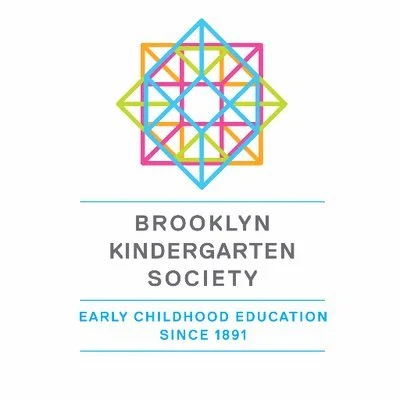Measuring school readiness through games: A focus on reliability, validity and outcomes
By Tammy Kwan, Cognitive ToyBox, New York University and Sandra Hull, Southwest Georgia Community Action Council, Inc.
Published October 2019
Background
A Head Start program in Southwest Georgia conducted a study to assess the effectiveness of Cognitive ToyBox (CTB) in improving school readiness. CTB is an innovative hybrid observation and game-based assessment platform designed specifically for early childhood educators and by combining observation and game-based data, it allows teachers to save time on assessments and access multiple sources of data. The tool generates automated reports that provide detailed information to facilitate instructional scaffolding and personalized student support. The study involved three four-year-old classrooms in the pilot group that used Cognitive ToyBox, while three four-year-old classrooms in the control group continued using their observation-only assessment tool. The Brigance screening tool was used to measure school readiness during the pilot period.
Study Goals
To determine whether teachers found CTB helpful in adjusting and individualizing instruction
To understand if the tool could enhance child outcomes
Challenges
Some challenges encountered during the study included variations in sample sizes for assessment objectives, limitations in test-retest reliability calculations due to adaptive assessments, and the need for including student-led assessments to improve reliability.
Outcomes
The reliability analysis indicated high test-retest reliability for the average CTB scores, Cognition Domain, and Language/Literacy Domain. The validity analysis demonstrated a moderate correlation between the aggregate Brigance® scores and the Average CTB scores. Teachers expressed positive feedback regarding the ease of use and engaging nature of the CTB tool, while education managers found the program reports helpful in tracking progress and supporting professional development.
Based on the promising results, the Head Start program plans to implement CTB for a full year with the pilot teachers. The program will gather further feedback to refine the assessments and explore the potential for scaling the hybrid assessment model across the counties they serve. Efforts will also be made to align the CTB data with the GKIDS Readiness Check to enhance the transition from Head Start to kindergarten and provide actionable information for kindergarten teachers.
Other Research













